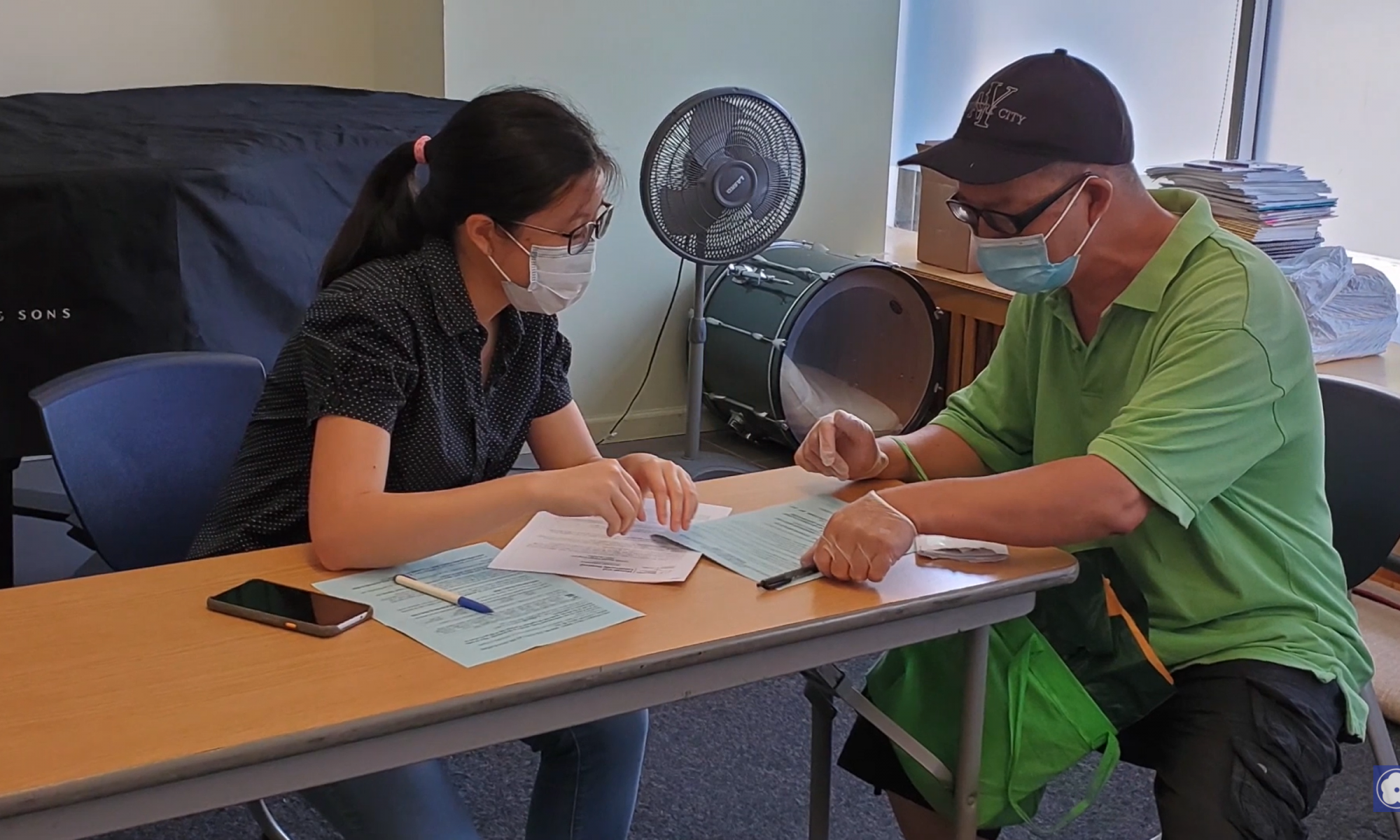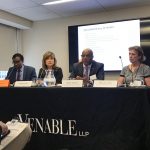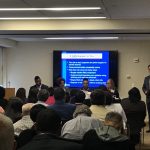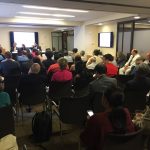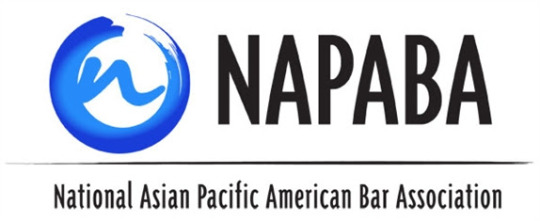
NAPABA Condemns President Trump’s Revocation of Language Access Guarantees for Federal Programs and Activities
| For Immediate Release:Date: March 2, 2025 | Contact: Rahat N. Babar, Deputy Executive Director |
WASHINGTON – For nearly 25 years, Executive Order 13166 required that every federal agency meet the needs of limited English proficient (LEP) individuals when it delivers critical services. It similarly required those that received federal funding, such as non-profit organizations as well as state and local governments, to guarantee that LEP individuals had meaningful access to their services. EO 13166 brought the full import of Title VI of the Civil Rights Act of 1964, which prohibits entities that receive federal funding from discriminating based on national origin, to life. This meant that a Mandarin-speaking LEP individual, for example, could access life-sustaining government entitlement programs or a Vietnamese speaker could receive legal services from a non-profit organization. Those guarantees are now called into question.
Yesterday, President Donald Trump revoked EO 13166 through an executive order. The brunt of setting aside EO 13166 will be borne by the Asian American, Native Hawaiian, and Pacific Islander (AANHPI) community. NAPABA unequivocally condemns this action.
The majority of the Asian American community are immigrants. Nearly 32% of the community is limited English proficient. The Asian American population is comprised of over 50 different ethnicities and speak over 100 different languages. NAPABA has long championed linguistic access for AANHPI communities in the legal system, including through our groundbreaking report, which highlighted and provided recommendations on the state of language access in federal and state courts and agencies.
The executive order, which also purports to designate English as the official language of the United States without the consent of Congress, places an unnecessary obstacle for LEP individuals within the AANHPI community who need and deserve to access critical, federally funded services. We call on Congress to engage in appropriate oversight over the Administration’s unwarranted action and strengthen the protections of Title VI.
###
The National Asian Pacific American Bar Association (NAPABA) represents the interests of over 80,000 Asian Pacific American (APA) legal professionals and nearly 90 national, state, and local APA bar associations. NAPABA is a leader in addressing civil rights issues confronting Asian American, Native Hawaiian, and Pacific Islander communities. Through its national network, NAPABA provides a strong voice for increased diversity of the federal and state judiciaries, advocates for equal opportunity in the workplace, works to eliminate hate crimes and anti-immigrant sentiment, and promotes the professional development of people of all backgrounds in the legal profession.


